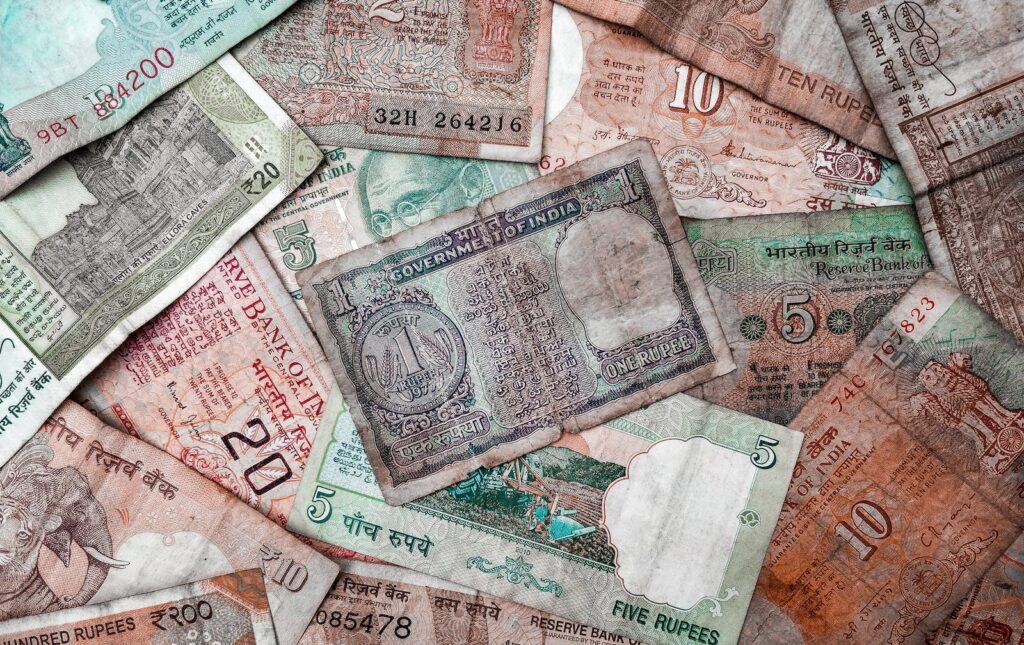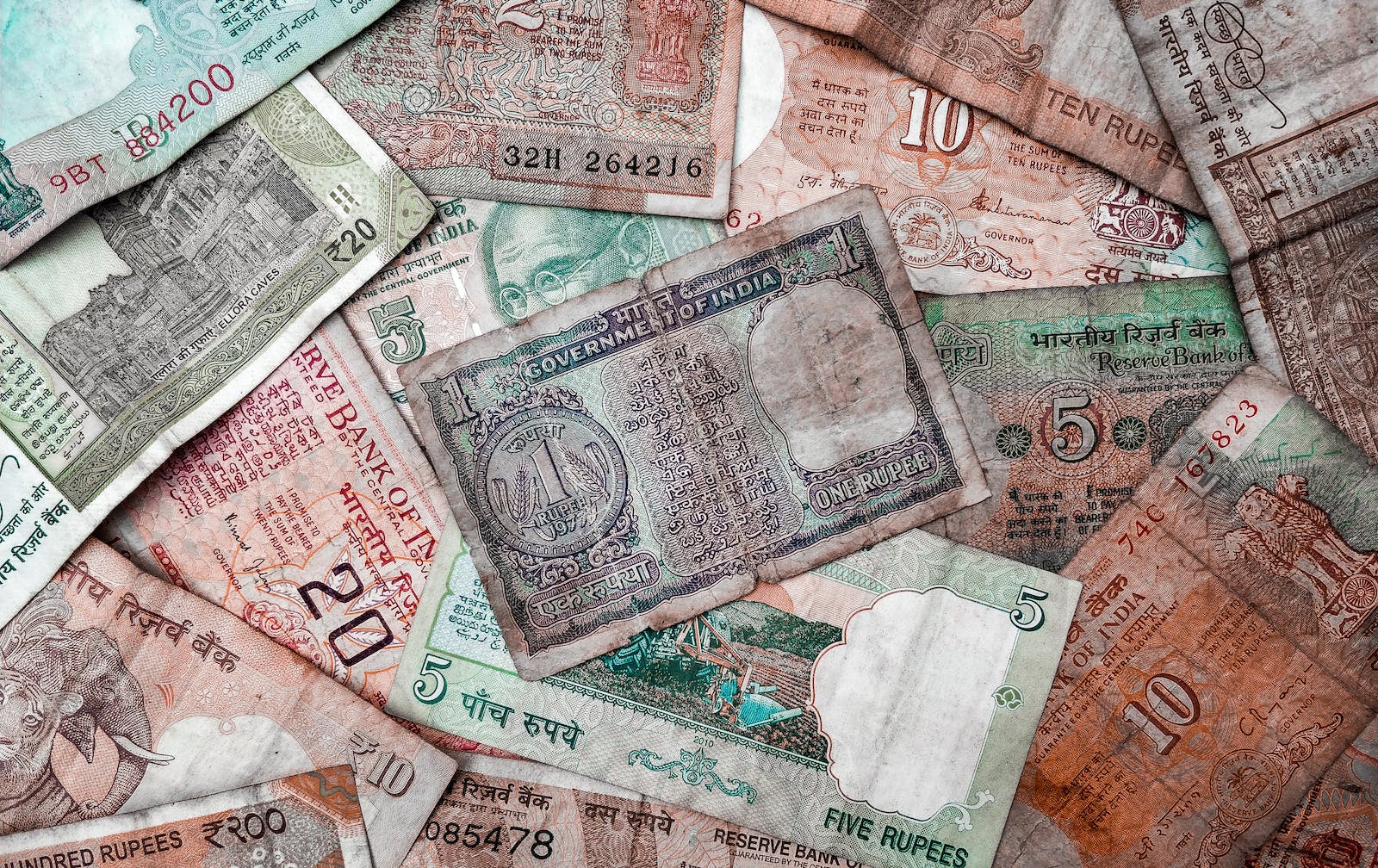
What is Demonetization?
Demonetization is the act of stripping a currency unit of its status as legal tender.
What happens during Demonetization?
It occurs whenever there is a change of national currency: The current form or forms of money is pulled from circulation and retired, often to be replaced with new notes or coins.
Why is Demonetization done?
This is usually done to combat inflation, or to address the use of illicitly or counterfeited currency. Demonetization can also be a voluntary action, as when a government chooses to withdraw a particular type of money from circulation and replace it with another form.
Role of Demonetization
Demonetization is always a big step in the economy of any country. It is normally done to combat corruption and remove and black money in the market. It can play a very significant role in the society, some of them are:
- Combatting corruption: The main goal of demonetisation is to combat corruption in a society. People accumulate black money which largely impacts the economy of a country. By demonetizing it would be difficult for an individual or organisations to use this cash for illegal activities. Hence, this also helps in removing crime from the society.
- Curbing counterfeiting: There are many cases of circulation of counterfeit currency in the society which is run as a scam. Demonetization can very effectively help to combat the production and circulation of counterfeit currency.
- Reducing inflation: Demonetisation is capable to stabilize the currency of a country and thereby helps in lowering down high levels of inflation also. It does that by removing large denominations from circulation and replacing them with new notes or coins.
- Modernizing the financial system: Demonetization can be used as an opportunity to introduce new technology, such as digital payments systems, which may be more efficient and secure than traditional cash transactions.
- Changing the currency: A government may choose to demonetize a particular type of currency and replace it with another in order to reflect changes in the economy or to reflect a change in political leadership.
Demonetization in India
It was on November 8, 2016, the central government of India(Prime Minister Narendra Modi) announced that the 500 and 1,000 rupee notes (which were worth approximately $7 and $15, respectively, at the time) would no longer be legal tender.
The main reason behind this was stated to combat corruption combat corruption, tax evasion, and counterfeiting of the notes.
What happened during Demonetization in India?
During demonetization process in India all the nationals were made to exchange their older notes of 500 and 1000 with new ones. They were required to deposit the older notes and get the newer one in exchange of them.
There were lots of long queues were seen in front of banks. It caused a lot of disruption and inconvenience to many people in India.
Even some cases of getting unconscious and dying happened by standing in longer queues.
Lots of black money was recovered and even many people threw away their black money so that they could not be caught by the police.




